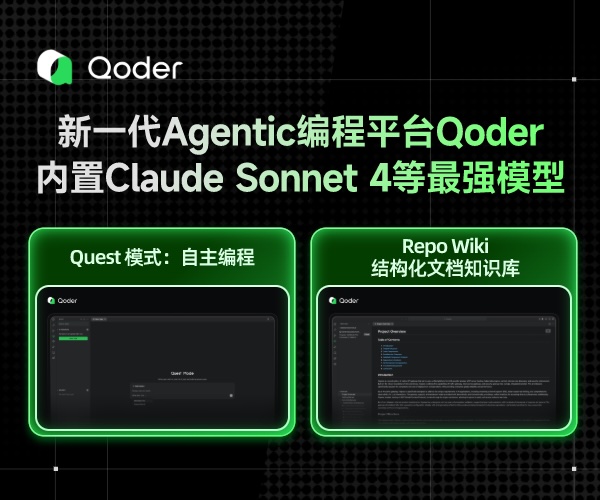一些尝试,关于Rss
/**
* 解析出所有rss文件中的节点,包括元素节点,文本节点等
* 当然可以用正则表达式匹配。但是用字符串函数更能体现其性能。
* 实现很乱,也花了不少时间。主要是一些鸡毛蒜皮的事儿,导致
* 时间无法保证。
*/
public function _token_parse()
{
$str = $this->rss_str;
$str_len = strlen(trim($str));
/**
* $depth 记录节点的深度, <xx> or </xx> 有相同的深度
*/
$depth = 0;
//$_LEFT_ANGLE_BRACKET_ASCII = ord('<');
/**
* $state 状态使<xx></xx>配对
*/
$state = 0;
/**
* $token 保存每一个节点(包含属性)
*/
$token = '';
$_L_A = ord('<');
$_R_A = ord('>');
$_SLASH = ord('/');
for ($i = 0; $i < $str_len; $i++) {
while (trim($str[$i]) == '') $i++;
if (ord($str[$i]) == $_L_A) {
if (ord($str[$i+1]) == $_SLASH) {
$depth--;
while ($i < $str_len && ord($str[$i]) != $_R_A) {
$token .= $str[$i];
$i++;
}
$state = 1;
} else if (ord($str[$i+1]) == ord('?')) {
/**
* XML 版本信息 <?xml ... ?>
*/
while ($i < $str_len && substr($str, $i, 2) != '?>') {
$token .= $str[$i];
$i++;
}
$token .= '?';
$i = $i + 1;
/**
* xml版本信息深度为0
*/
$depth = 0;
} else if (substr($str, $i, 4) == '<rss') {
while ($i < $str_len && $str[$i] != '>') {
$token .= $str[$i];
$i++;
}
/**
* rss版本信息深度为0
*/
$depth = 0;
} else if (substr($str, $i, 9) == '<![CDATA[') {
/**
* 处理名字空间content 相关内容 <![CDATA[ ........ ]]>
*/
$depth++;
while ($i < $str_len && substr($str, $i, 3) != ']]>') {
$token .= $str[$i];
$i++;
}
$token .= ']]';
$i = $i + 2;
} else if (substr($str, $i, 4) == '<!--'){
/**
* 处理注释<!--......-->
*/
while ($i < $str_len && substr($str, $i, 3) != '-->') {
$i++;
}
$i = $i + 2;
} else {
if ($state == 0)
$depth++;
while ($i < $str_len && ord($str[$i]) != $_R_A) {
$token .= $str[$i];
$i++;
}
$state = 0;
}
if ($state == 0 && ord($str[$i-1]) == $_SLASH) {
$state = 1;
}
if (trim($token) != '')
$token .= $str[$i];
} else {
$depth++;
while ($i < $str_len && ord($str[$i]) != $_L_A) {
$token .= $str[$i];
$i++;
}
$i = $i - 1;
}
if (trim($token) != '') {
$this->_tokens[] = array($depth, $token);
$token = '';
}
//echo $state . '>' . $depth . "\n";
}
return $this->_tokens;
}
对于以上这段代码,没有任何意义。作用只是扫除所有Rss文档中的节点。比如一个个形如<xx> or </xx>的,或者是文本。其实它主要是处理标准文档,也就是说,已经处理成标准xml文档且符合rss结构能产生结构。其中数字是节点深度。没有特殊意义,就直闲暇玩乐,当然代码写的很乱。
基于上面得到的token,可以做如下处理。 由于程序在设定之初,就已经算出每个节点的深度。这样就可以轻松获得想要的内容。对于一个Rss文档,有其规定的标记(XML一部分),比如title or description or …… 实现如下:
public function _construct_parse($cdts = array('title', 'description'))
{
if (empty($cdts))
$cdts = array('title');
$state = 0;
$depth = 0;
$key = '';
$i = 0;
foreach ($this->_tokens as $item) {
$tmp = trim(str_replace(array('<', '>'), '', $item[1]));
if (in_array($tmp, $cdts)) {
$key = $tmp;
$depth = $item[0];
$state = 1;
continue;
}
if ($state == 1 && $depth == $item[0] - 1) {
$res[][$key] = preg_replace("/<!\[CDATA\[|\]\]>/", "", $item[1]);
$state = 0;
}
}
return $res;
}
这个函数是有缺点的,暂且不说其实用性。就此函数(方法),可以看出得到的结论不是按组排的。这样给显示数据带来了麻烦。所以无法完全把过程包装到类中。暂且给出一个所谓的处理例子(这是部分代码,等完工再补充)。
<?php
/**
* 20/08/10 14:55:05
* Xiang Shouding <fansekey@gmail.com>
*/
include_once("./rss.php");
//$rss = new Rss("./localhost.rss");
//$rss = new Rss("http://hi.baidu.com/xiangshouding/rss");
//$rss = new Rss("http://www.phpweblog.net/rss.aspx");
$rss = new Rss("http://www.laruence.com/feed/rss");
//$rss = new Rss("http://static.userland.com/gems/backend/rssTwoExample2.xml");
$nodes = $rss->rss_fetch();
foreach ($nodes as $node) {
if ($node['title'])
echo "TITLE: " . $node['title'] . "<br />";
if ($node['description'])
echo " Description: " . $node['description'] . "<br />";
}







 浙公网安备 33010602011771号
浙公网安备 33010602011771号